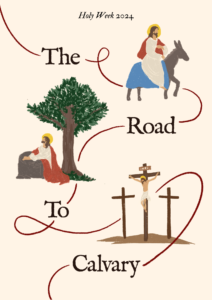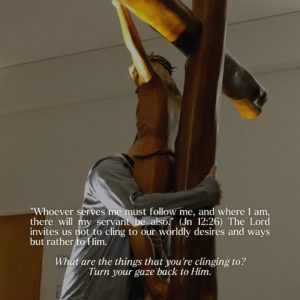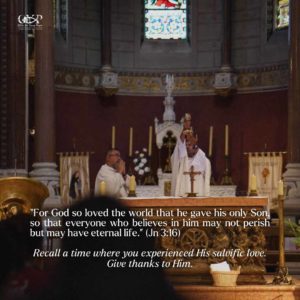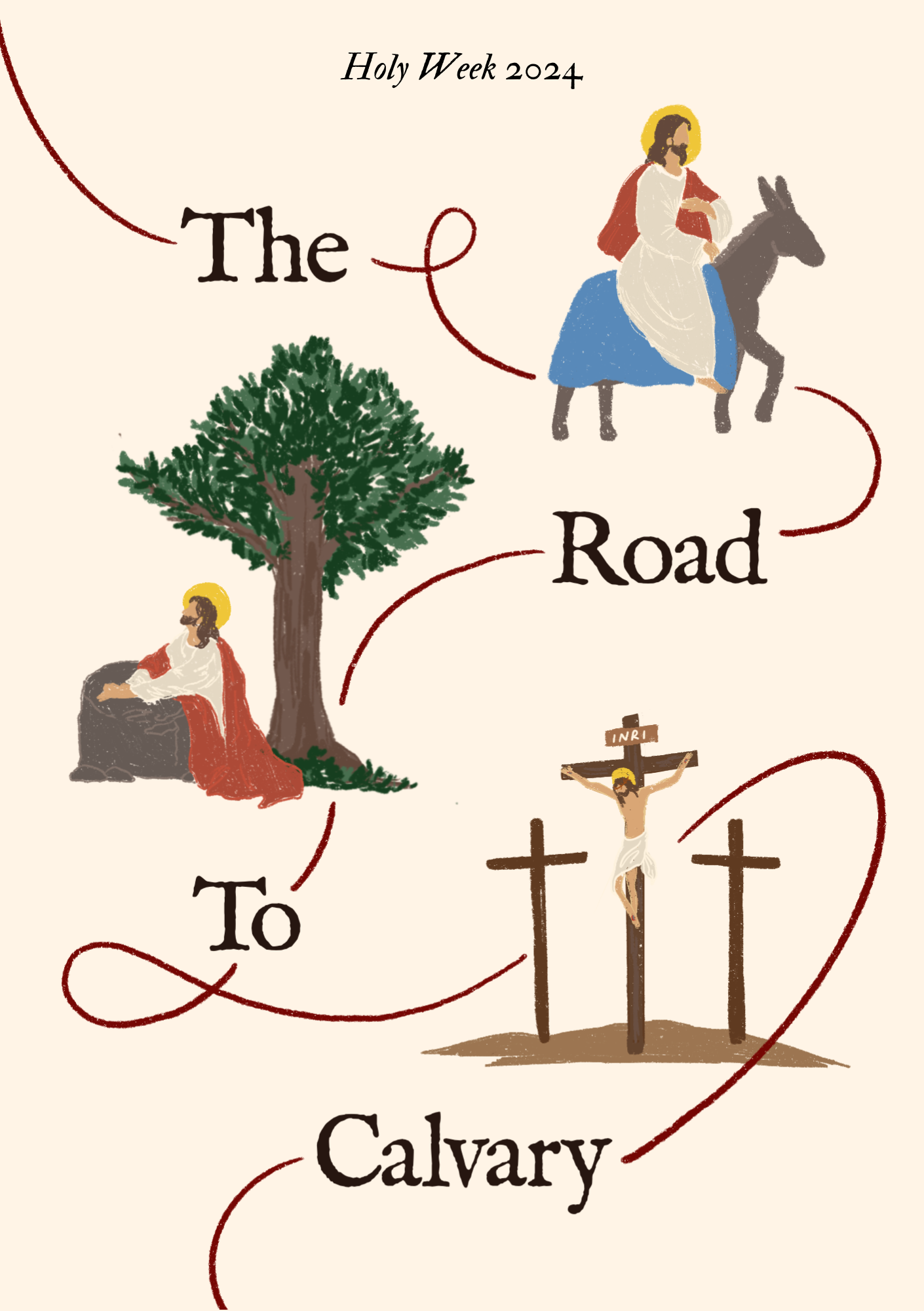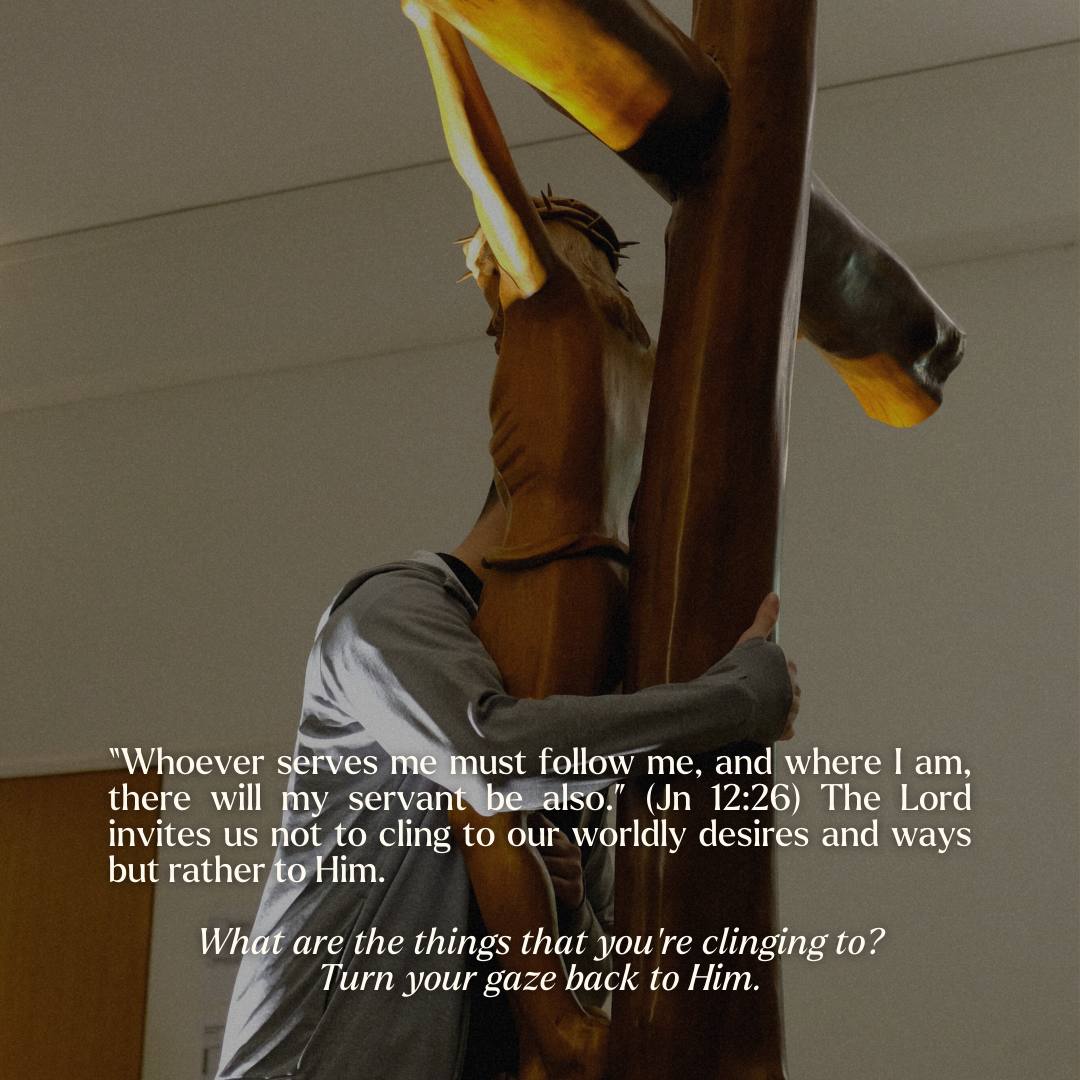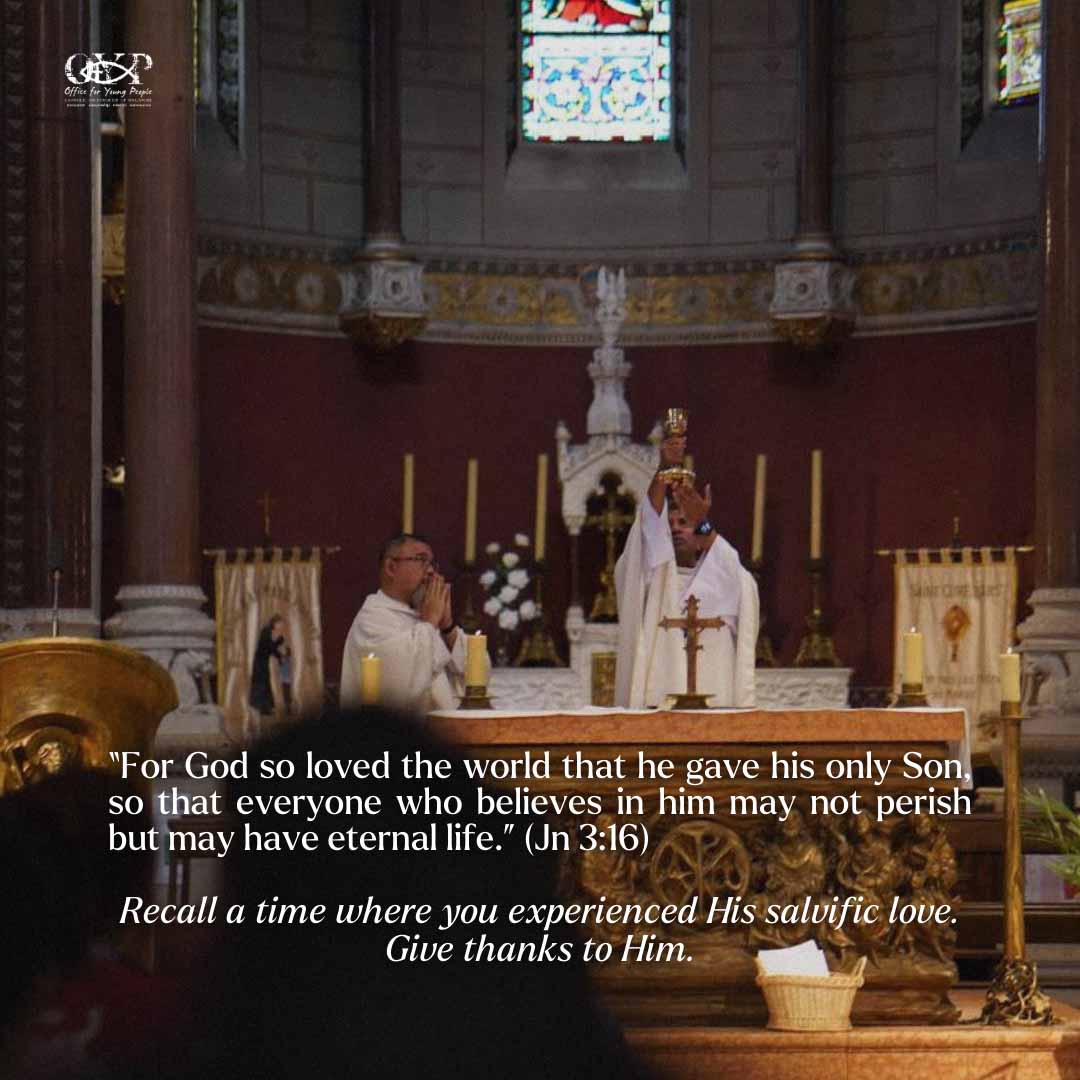Brokenness. It is a difficult, yet an all too familiar topic for many of us. Brokenness can refer to many things; our history, traumatic events we may have experienced or witnessed, ongoing struggles, or the fears and insecurities we wrestle with daily. Regardless of which form of brokenness you identify with, everyone, including myself, has unique brokenness that Jesus invites us to befriend and love – not just once, but throughout our lives. If you’re like me, the subject of brokenness can cause us to swing to two possible extremes. On the one hand, we completely ignore our brokenness. We fear the can of worms we may be opening, and the emotions that may have been buried for so long. We fear the unknown possibilities of exploring our hurts. So to cope, we dismiss our emotions. We may feel a soft tug on our hearts that something is wrong, but we shrug it off, thinking, “I’ll deal with this later”. We avoid reflection time and sitting with our feelings because we aren’t sure what will come up, and we may not want to find out. In doing so, we deny ourselves the chance to acknowledge our feelings. Regardless of the question of whether it “makes sense” or not, all of us deserve the dignity to be heard and received just as we are.
The other extreme is to scrutinise our brokenness. In what seems like good intentions and pursuit of the “truth”, we double down on ourselves, digging at our wounds and triggers, trying to make sense of ourselves and our hurts. We frustratedly ask ourselves, “Why am I like this?!”, “Why can’t I change?!”. Or we insistently push ourselves to identify the reason behind all our actions and behaviour. We strive to find all the answers about ourselves and by doing this, we are treating ourselves like problems that need to be solved, when we are actually mysteries to be discovered. Through each season of our lives and even in the regular events of our day, we are constantly finding out more about ourselves. We discover more gifts we didn’t know we had, and sometimes we discover areas of our lives that we didn’t know we had to work on. Sometimes, we experience events that change our perspective and give us new insight. Whatever the case, each day, we are learning something new about ourselves, and consequently, we are growing. We are invited to look at our lives with loving curiosity, instead of as a judgemental detective trying to weed out the answers. We are called to understand and see ourselves through the loving gaze of Jesus who knows us inside out, but does not condemn us.

If we find ourselves swinging between apathy and scrutiny, it is first important to recognise the goodness in both these extremes, and how God is found in them as well. The first one, apathy, stems from a desire to be loved, and to be received for who we truly are. Behind the fear of emotion, is the very real longing to be unconditionally accepted for who we are. And to know that even if the proverbial can of worms were to be opened- we are not alone and it doesn’t change who we are. The Lord calls us loved, chosen and good. Our stories, feelings and thoughts are all valid and very real- and God knows and hears them too.
The second, scrutiny, is rooted in a desire for security and a genuine desire to understand ourselves. We are searching for that which we can find rest in and help bring clarity into the messiness of our lives. However, in our digging, God invites us to let go and allow Him to guide our life story, and to trust that His healing will be interwoven through it all. We are invited not to focus on the past or predict the future, but to embrace our present, and allow God to decide what to reveal.

So then, what is the middle ground? In the middle, is an invitation to love. To love ourselves, and our brokenness, not just because it is good, but because God loves every part of us too. God does not only embrace our successes or the things we are proud of. He embraces all of us in our totality and gives us hope that we can love ourselves the way He does. We can be gentle and patient with our healing, but we can be courageous and move if the Spirit prompts us to. This sounds easy in theory, but can be difficult to practice in reality. What we can do, is to learn to love ourselves the way God does, by acknowledging our feelings; whether we are upset, happy, or even disappointed. We can take some moments in quiet to sit with ourselves, and invite Jesus into these feelings. We do not scrutinise what we are feeling or analyse, but we gently invite the Holy Spirit in, for His wisdom and understanding, so that we can discover more about ourselves. I invite us to journal, or take a quick note of these feelings when they do come up, and sit with them and Jesus at the end of the day. Allow Jesus to surprise you and work through these reflections together with you.
“You search out my path and my lying down and are acquainted with all my ways. Even before a word is on my tongue, O Lord, you know it completely.” (Psalm 139: 3-4)

In His love for us, God made it such that our struggles and hurts would be the precise and unique way that He comes to encounter us and save us. I pray that as we look back on our lives, and allow the Holy Spirit to inspire us, we begin to see how God used incidents in our lives that were hurtful, disappointing, or considered mistakes or failures- to gently build us up, restore our hearts, and invite us into deeper communion with Him. And if we cannot see it yet, then we continue to trust in God’s healing hand over our lives, trusting in a faithful and loving God who desires freedom and joy for us.
My brothers and sisters, Jesus is the light of truth- like the warm glow of a campfire, He draws us in and beckons us to come closer to Him- to experience the warmth of His love, the comfort of His presence and His light of clarity. As we continue to persevere on this journey of life and discover more of ourselves, may we continue to follow this sure and faithful light of Jesus and allow Him to lead us through this adventure of life.




